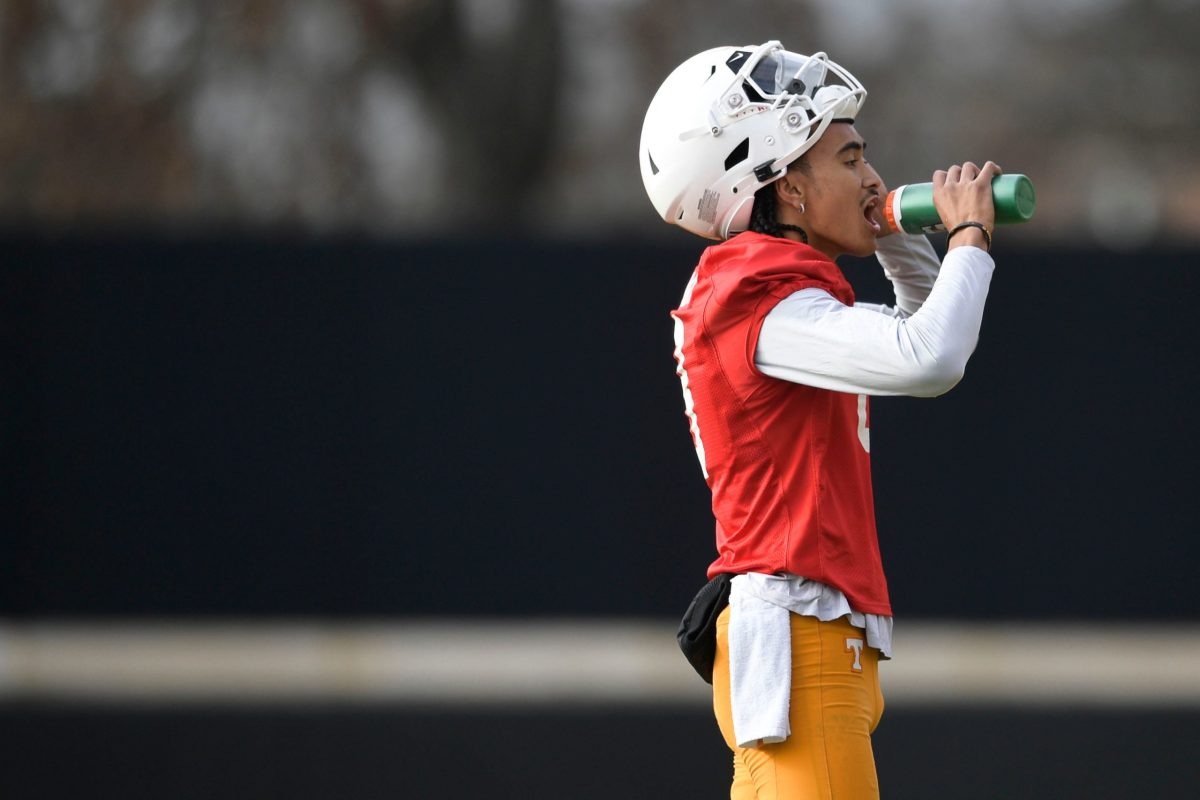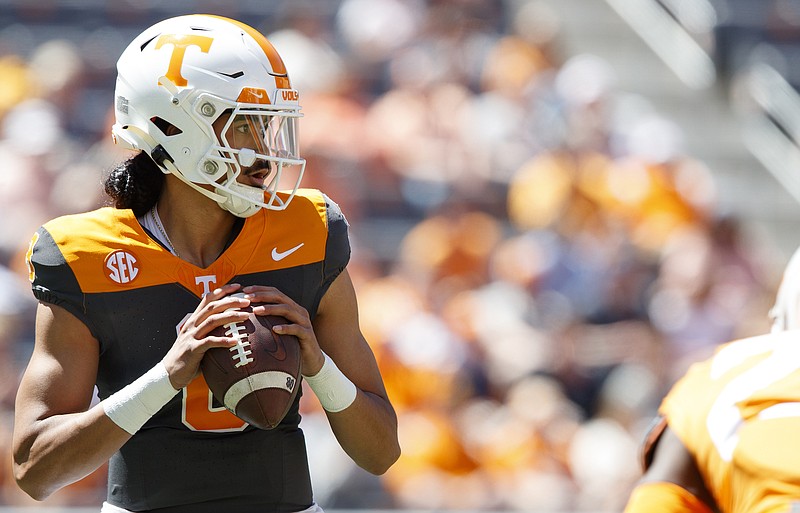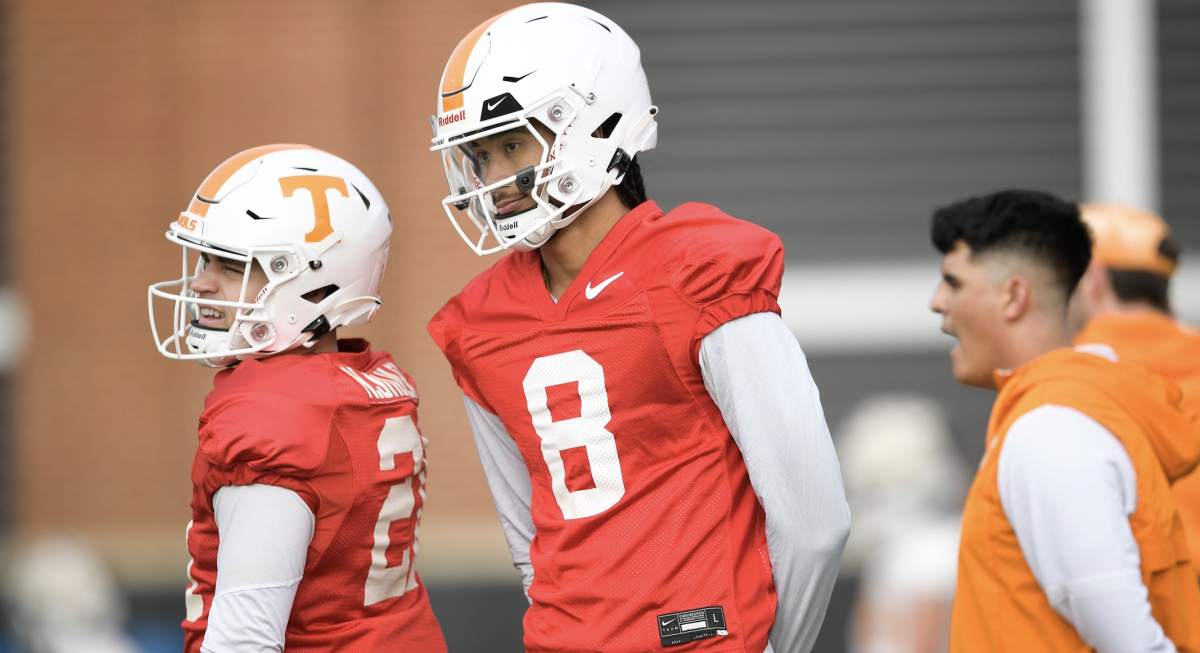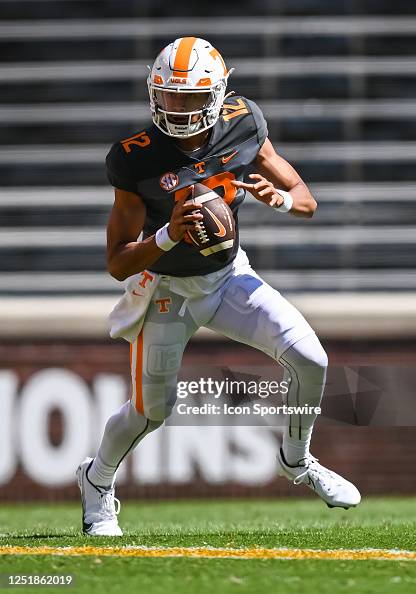
The recent controversy surrounding Nico Iamaleava, a highly touted quarterback prospect, has brought to light the complexities and challenges associated with college football recruitment. As the NCAA and individual colleges strive to maintain a fair and level playing field, it's essential to address the issues that led to the Nico Iamaleava situation and explore potential solutions to prevent similar controversies in the future. In this article, we'll delve into four possible solutions that can help mitigate quarterback controversies in college football.
Understanding the Nico Iamaleava Situation
For those unfamiliar with the Nico Iamaleava situation, it involves a highly sought-after quarterback prospect who faced challenges and uncertainties during his recruitment process. The situation highlighted the need for clearer guidelines, improved communication, and a more structured approach to managing quarterback recruitment in college football. As the sport continues to evolve, it's crucial to address these issues to ensure a fair and enjoyable experience for all parties involved.
Solution 1: Enhanced Transparency in Recruitment
One potential solution to prevent similar controversies is to increase transparency in the recruitment process. Colleges and universities can achieve this by providing clear and concise information about their recruitment procedures, scholarship offers, and expectations. By doing so, prospects like Nico Iamaleava can make informed decisions about their future, and colleges can avoid misunderstandings and potential conflicts. Transparency can be achieved through regular communication, clear documentation, and a well-defined recruitment timeline.
Solution 2: Standardized Recruitment Guidelines
Establishing standardized recruitment guidelines can help mitigate controversies by providing a clear framework for colleges and prospects to follow. The NCAA can play a vital role in developing and implementing these guidelines, which can include rules regarding scholarship offers, official visits, and communication between colleges and prospects. Standardized guidelines can help prevent exploitation, ensure fairness, and promote a level playing field for all parties involved.
Solution 3: Improved Communication and Support
Effective communication and support are essential in preventing controversies like the Nico Iamaleava situation. Colleges can provide dedicated support staff to guide prospects through the recruitment process, offering advice and guidance on everything from scholarship offers to academic eligibility. Additionally, colleges can foster open communication channels with prospects, allowing them to express concerns, ask questions, and receive timely feedback. By prioritizing communication and support, colleges can build trust with prospects and their families, reducing the likelihood of misunderstandings and conflicts.
Solution 4: Emphasis on Education and Academic Eligibility
Finally, placing a greater emphasis on education and academic eligibility can help prevent quarterback controversies in college football. By prioritizing academic achievement and ensuring that prospects meet NCAA eligibility requirements, colleges can reduce the risk of controversies surrounding recruitment and eligibility. This approach can also help prospects like Nico Iamaleava focus on their academic and athletic development, rather than getting caught up in the complexities of recruitment.
In conclusion, the Nico Iamaleava situation highlights the need for solutions to prevent similar controversies in college football. By implementing enhanced transparency, standardized recruitment guidelines, improved communication and support, and an emphasis on education and academic eligibility, colleges and the NCAA can work together to create a fair and enjoyable experience for all parties involved. As the sport continues to evolve, it's essential to address these issues and prioritize the well-being and success of student-athletes like Nico Iamaleava.



/cdn.vox-cdn.com/uploads/chorus_image/image/72881422/usa_today_21650733.0.jpg)





/cdn.vox-cdn.com/uploads/chorus_image/image/70652409/1236767956.0.jpg)